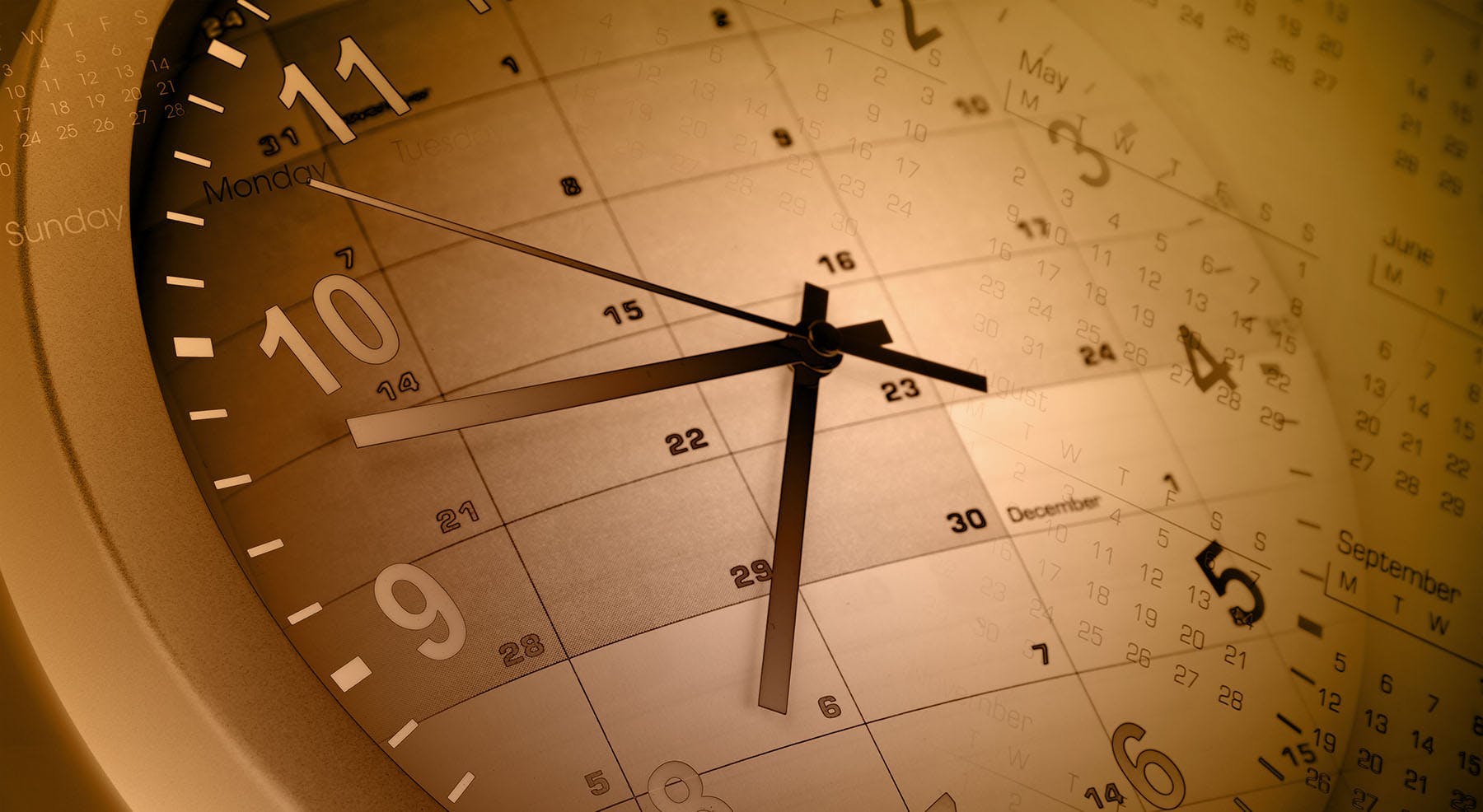Being productive is about more than checking items off your list; it’s about being smart with your time and energy. If you spend 20 minutes looking for your list that could have been spent on a billable project or if you’re running on empty and make a mistake on a report because you’re exhausted, then you’re doing yourself and your team members a disservice.
Here are some ways to be productive and keep your work moving forward in a smart, efficient way.
Your To-Do List Reigns Supreme
I don’t know about you, but I have a to-do list running through my head at all times. One effective strategy to bring all the thoughts swirling around your head is to have a single, accessible to-do list that you can access anywhere, anytime. For most, that means it needs to live on your phone. But to thine own self be true. So whether that list is through the notes app on your phone, a fancy management tool, or writing with a sharpie on your arm, whatever works, works as long as you can always read it and cross things off.
One thing you should not put on your to-do list is a huge project. It would be silly for a construction worker to put “build a house” on his list, and some projects can feel that overwhelming as well. Instead, break up your large project into smaller tasks. And even if your project isn’t large, but just tedious, you can break it up so it doesn’t feel so difficult. Instead of writing “complete report” on your list, write “complete report introduction.” This will help motivate you to reach the finish line.
Manage Time or Else it Manages You
Each task you’re assigned should have a due date or time associated with it. If you aren’t given one, set it yourself and really try to stick to it. If a task keeps getting pushed to the backburner, it’s never going to get done or you’ll find yourself rushing to complete it as soon as someone prompts you.
You are an important person whether you believe it or not. And you can’t just pop in for a meeting with an important person, so you need to schedule meetings with yourself. These would be times where you can put your head down and get work done without distractions. Turn off notifications and go to town on your to-do list.
Make sure you put that meeting on your public work calendar so your team members know not to barge in your office (or cubicle, or bench in the park).
Self-discipline is Hard But Rewarding
Get yourself an accountability partner. If you share your goals with someone else, they can help you stay on track, and you can help them do the same. It helps if they are someone that you can talk to a couple of times a week to check in on professional (and even personal goals). But make sure it’s someone that is interested in seeing you succeed rather than someone who will give you a pass when you have missed a deadline for the 10th time in a row.
One self-discipline that everyone should implement in their lives is honing your ability to “reset.” If you’re having a bad day, you don’t have to wait until tomorrow to start over. You have the agency to decide to change your attitude or outlook.
A couple of things you can do to reset:
- Count your blessings: write out a list of things you’re thankful for
- Get physical: take a walk around the office or local park
- Name that tune: listen to some of your favorite music
Conversely, when you are having a good day being productive, reward yourself for a job well-done. Just know that not every task finished deserves a cookie.
A productive day tomorrow has the potential to start the evening before. Take 10-20 minutes to plan out your day before you go to bed. That’s not to say you need to take a deep dive right before you fall asleep. A quick review of your calendar and general action items is all it takes to start your day off right in the morning.
Depending on the size of your inbox, this could also include a quick scan of the subject lines of your emails. And with SmartFile you can set up email alerts so that you know exactly when someone makes those long-awaited file changes that you need to move forward on a project.
Take breaks
If you work non-stop, you’ll eventually burn out. It might not be today or even tomorrow, but likely both your personal and professional lives will suffer if you don’t take a break once in a while.
Your breaks should re-energize you and give you a chance to refocus. Eat, take a power nap, browse social media, take a walk, stare at a blank wall; whatever breaks mean to you, take them. Just know that that doesn’t mean you get to treat yourself to an hour break after working 45 minutes.
You will never get more hours in your day. As much as you look for them, there will only ever be 24 hours in a day, and only eight in a workday. Your goal should be to complete your work efficiently, not simply be busy for eight (or more) hours a day.
